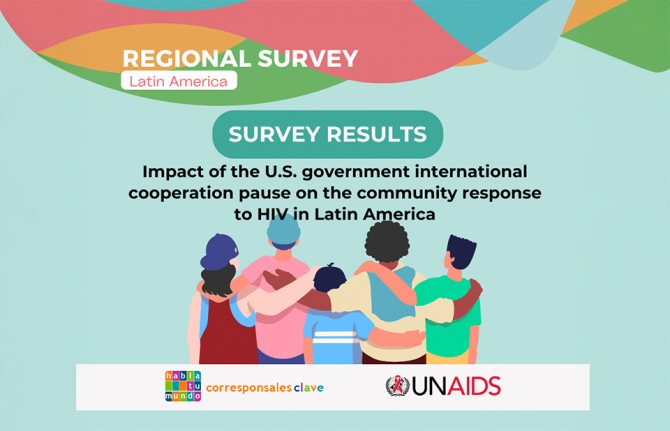
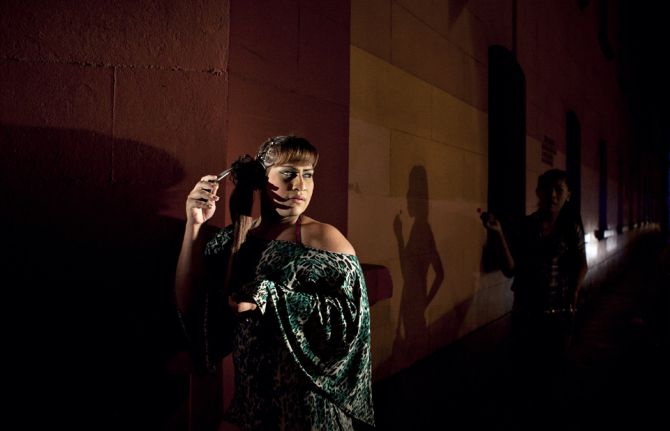
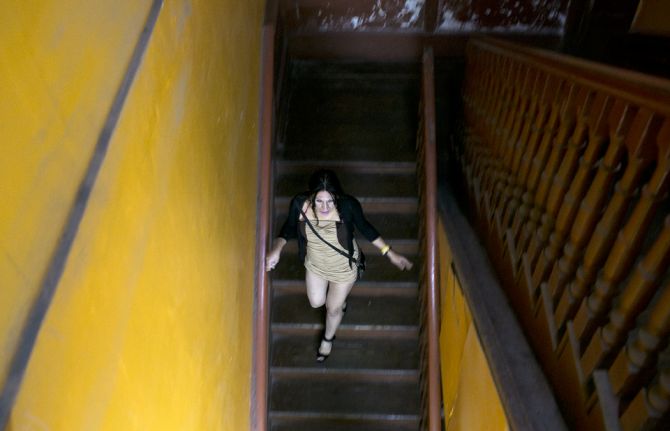
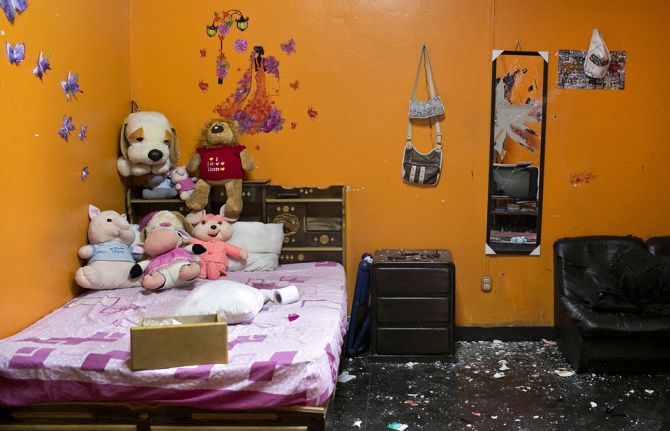
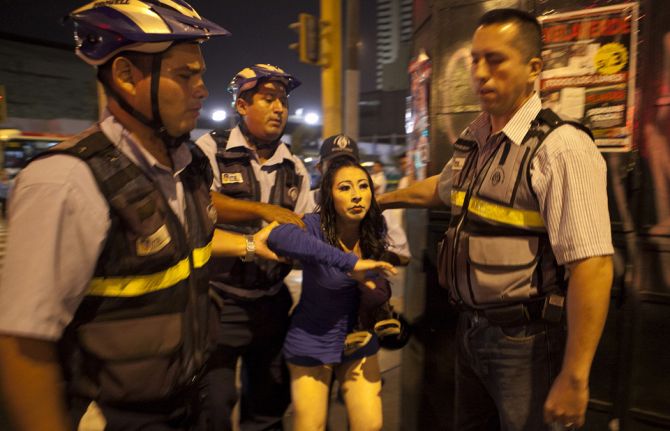
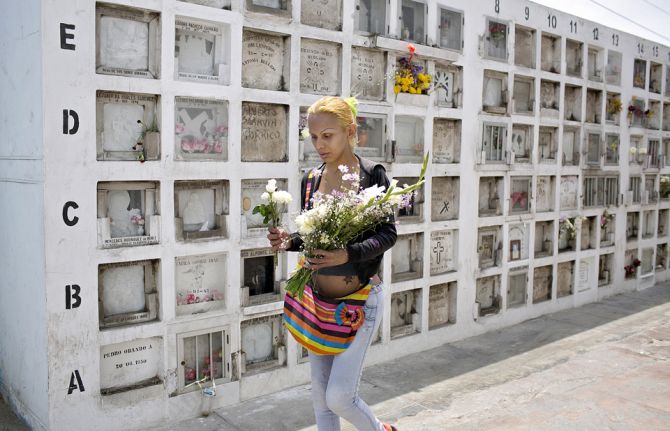
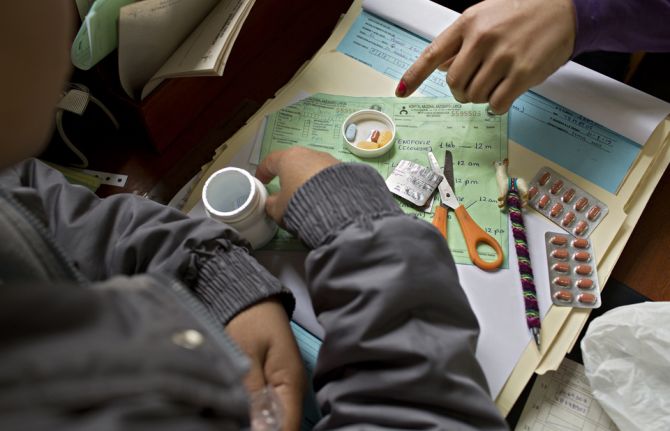
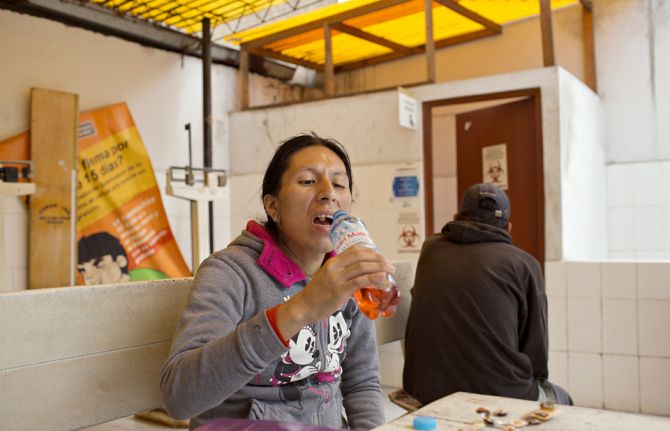
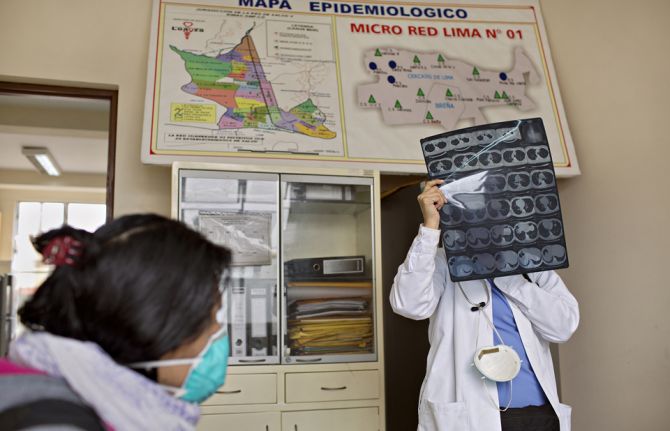
Feature Story
The injustices faced by transgender women in Peru
26 April 2018
26 April 2018 26 April 2018Tamara, a transgender woman from Lima, Peru, had struggled with her identity since elementary school, where she was bullied so intensely by her peers that she dropped out. When she was 18 years old, with few options for her, she began working on the streets as a sex worker. Tamara often said that she wasn’t going to live past 30. How could she, she asked defiantly, when society treats her as less than human?
Like a self-fulfilling prophecy, Tamara died less than a month after her 30th birthday from an AIDS-related illness and tuberculosis. Her death at such a young age is sadly common, as most transgender women in Latin America die before they reach 35. Latin America leads the world in homicides of transgender people — nearly 80% of global transgender homicides occur in the region. And HIV prevalence among transgender women is as high as 38% — transgender women are 50% times more likely to acquire HIV than the general population, according to a recent study in the Journal of the International AIDS Society.
The human rights violations perpetrated against transgender women throughout Latin America are the result of forces in society. The region’s highly machismo, conservative and transphobic culture ostracizes and stigmatizes transgender people, posing a serious threat to their health, security, life expectancy and employment prospects. With few options or support, many engage in sex work. As sex workers with no legal protections, they are at a greater risk of violence and sexual and substance abuse. And most have little access to health services. Without recognition, many cases of violence and murder go undocumented.
Photojournalist Danielle Villasana has been documenting a community of transgender women in Lima for the past several years, photographing the often dire realities they face, such as complications from HIV, abuse from police, partners and clients, and death. “Because most governments throughout Latin America and the world continuously fail to protect transgender women, I’m determined to show how these largely ignored injustices often lead to deadly consequences,” she said.
As a result, Ms Villasana has launched a Kickstarter campaign to publish these important stories as a bilingual photobook. The aim is to raise awareness among the police, medical institutions and lawmakers — sectors she says that are often ignorant of the abuse against transgender women because of institutional prejudice and lack of understanding. You can support and learn more about her book project at http://bit.ly/a-light-inside.
From a young age, transgender people face stigma, discrimination and social rejection in their homes and communities. Such discrimination, violence and criminalization prevent transgender people from getting the HIV services they need to stay healthy. UNAIDS is working with governments, partners and transgender communities to increase access to health services for transgender people.
All photos by Danielle Villasana


